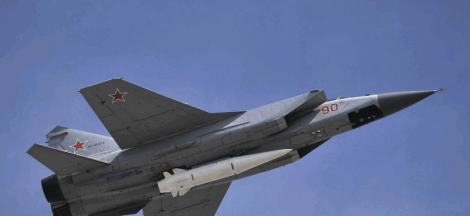A prominent American defence analyst has raised concerns over the stability of Pakistan’s military leadership following India’s precision strikes under Operation Sindoor. Michael Rubin, a former Pentagon official and senior fellow at the American Enterprise Institute, questioned whether General Asim Munir, Pakistan’s Chief of Army Staff, could retain his position after what he described as a significant intelligence and operational lapse.
Rubin’s remarks come in the wake of India’s targeted military actions on May 7, 2025, which were executed in response to a terrorist attack in Pahalgam that resulted in the deaths of 26 civilians. The Indian Armed Forces conducted precision strikes on nine locations within Pakistan and Pakistan-administered Kashmir, focusing on dismantling terrorist infrastructure linked to groups such as Lashkar-e-Taiba and Jaish-e-Mohammed. Notably, high-profile terrorists, including Maulana Yusuf Azhar, were eliminated during these operations.
The strikes, which lasted approximately 23 minutes, showcased India’s advanced military capabilities, including the use of BrahMos and Akash missile systems, as well as loitering munitions for real-time surveillance and target acquisition. Satellite imagery and defense analyses indicate that the Indian Air Force successfully targeted and inflicted significant damage on several Pakistani military installations, including airbases near critical command centers.
In response to the Indian strikes, Pakistan’s military leadership convened an emergency meeting, with General Munir stating that Pakistan would respond with “full force” if provoked further. However, the effectiveness of India’s operation and the subsequent damage to Pakistan’s military assets have led to internal scrutiny and public speculation regarding the preparedness and response strategies of the Pakistani military.
The situation escalated to a point where international diplomatic intervention became necessary. The United States, led by Secretary of State Marco Rubio and Vice President JD Vance, engaged in behind-the-scenes diplomacy to broker a ceasefire agreement between the two nations. On May 10, 2025, a ceasefire was formalized following communication between military leaders on both sides, influenced by U.S. mediation.
Despite the ceasefire, the aftermath of Operation Sindoor has left Pakistan’s military leadership under intense scrutiny. The public and political discourse within Pakistan has been marked by debates over the military’s readiness and the strategic decisions leading up to the Indian strikes. The effectiveness of India’s operation has also prompted discussions on the need for reforms and reassessment of Pakistan’s defense strategies.




 Gunfire Erupts in Tral as Security Forces Engage Militants
Gunfire Erupts in Tral as Security Forces Engage Militants 